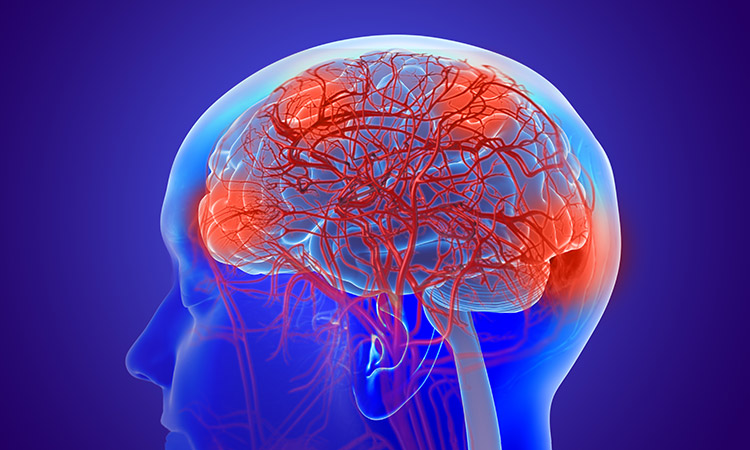If We Put Computers in Our Brains, Strange Things Might Happen to Our Minds

COLUMBUS, Ohio (September 22, 2020)—Your brain is amazingly adaptable. It can regulate your heart rate, have nightmares, remember a song you last heard decades ago from just a few notes and even pick up an entirely new language.
It can do all that because brains are plastic: able to rewire the pathways they use as they pick up new skills or respond to differences in the world around them. That neuroplasticity is the brain's way of keeping up with changes to the external environment or to the body itself. But soon our brains could face their biggest challenge: being connected to a computer through a brain-computer interface (BCI), something that could change how we view the world, our own bodies, and even the speed at which we can produce changes in the world.
Most invasive (that is, inside the skull) brain-computer interfaces involve putting electrodes onto the surface of the brain to pick up the electrical signals that pass through the tissue. Unsurprisingly, on a basic biological level, brains don't take well to having bits of silicon stuck on them. They form what's called fibrotic tissue -- a small scar around the electrode itself. While that may sound concerning, although BCI technology is still relatively novel, that physical scarring reaction of the brain isn't thought to cause any major disruption to the brain that users should be worried about.
SEE: Building the bionic brain (free PDF) (TechRepublic)
But other changes that happen in the brain with BCI use could be far more wide reaching, and fascinating, than a lump of hardened tissue.
Brains are generally good at changing: they adapt to new tools and new environments. When we learn how to pick up a pencil, for example, our brains expand our idea of ourselves and what we can do to incorporate the new skills that pencils can facilitate -- writing and drawing, for example. It's same for driving, for using a smartphone, using knitting needles or a propane torch -- as we pick up each new skill, our idea of what we can do in the world expands.
The difference between having a tool in your hand and having a brain-computer interface -- essentially just another tool, albeit an advanced one -- is that the BCI goes directly to the neurons that are helping you interact with the world, says Justin Sanchez, a tech fellow at the Battelle Memorial Institute. "So the potential for those neurons to be directly adapted for the brain computer interface is that much higher [than with other tools]… there is adaptation or plasticity of your neurons when you use a brain interface and that plasticity can change in a wide variety of ways depending upon who you are," he says.
Posted
Sep 22, 2020Author
Jo BestPublisher
ZD NetMedia Contacts
Katy Delaney
Director, Media Relations
Office: 1.614.424.7208
Email: [email protected]
T.R. Massey
Senior Media Specialist
Office: 1.614.424.5544
Email: [email protected]